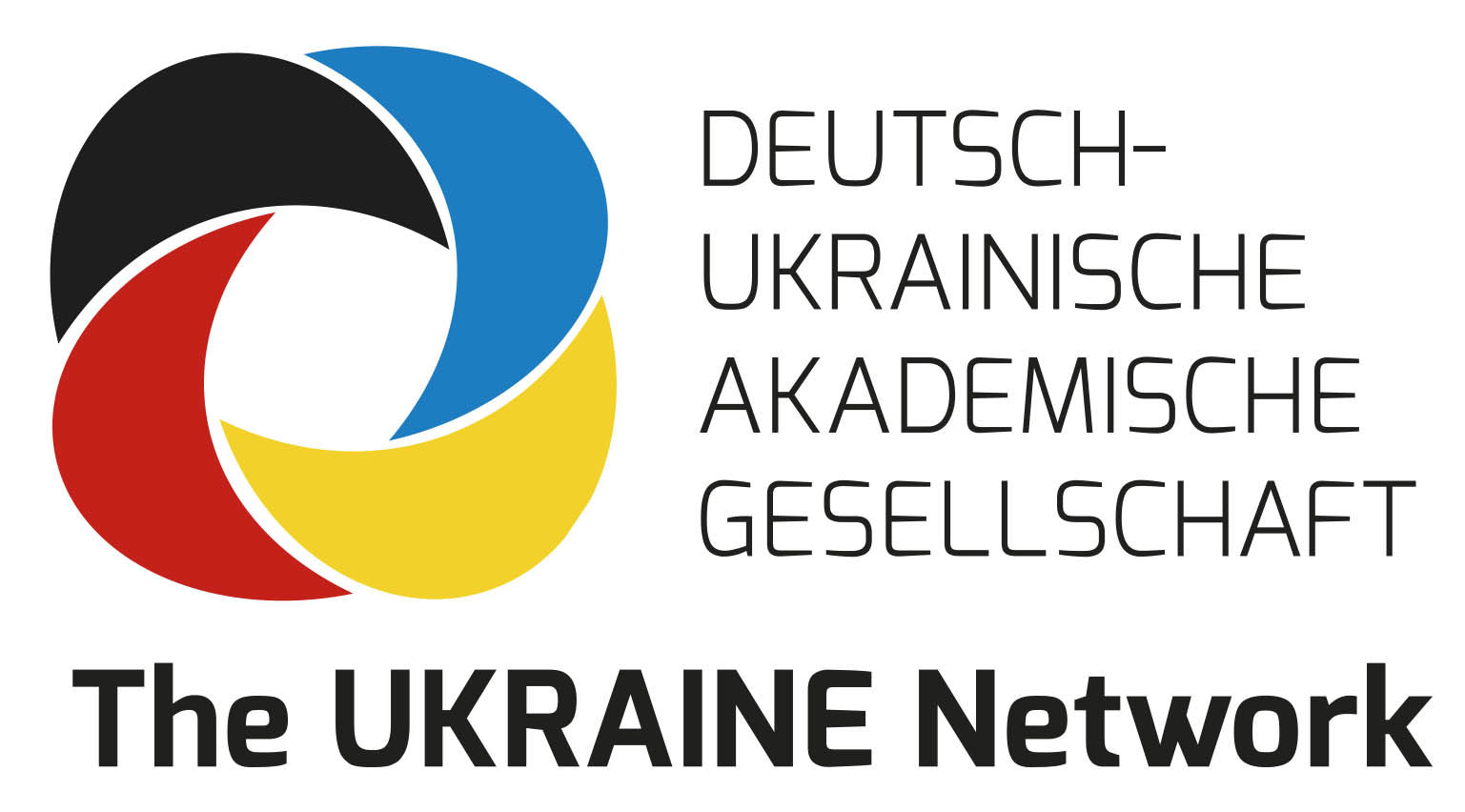Die Karte “Ukrainische Orte in Berlin
(English below) Vorstellung der zweiten erweiterten Auflage der Karte „Ukrainische Orte in Berlin“
Im Gespräch mit den Forscherinnen und Autorinnen der Karte, Oleksandra Bienert (CineMova Ukrainian Empowerment Network e.V./Allianz Ukrainischer Organisationen e.V.) und Dr. Olesia Lazarenko (Lektorat Ukrainisch des Sprachenzentrums der Europa-Universität Viadrina Frankfurt (Oder)/Deutsch-Ukrainische Akademische Gesellschaft e.V.), diskutieren Prof. Dr. Susanne Frank (Humboldt-Universität zu Berlin) und Prof. Dr. Alexander Wöll (Universität Potsdam, Vorsitzender der Deutschen Assoziation der Ukrainisten e.V.) über ukrainische Spuren in Berlin – historisch und aktuell. Moderation: Inga Pylypchuk (freie Journalistin)
In conversation with the researchers and authors of the map, Oleksandra Bienert (CineMova Ukrainian Empowerment Network e.V./Allianz Ukrainischer Organisationen e.V.) and Dr. Olesia Lazarenko (Lektorat Ukrainisch des Sprachenzentrums der Europa-Universität Viadrina Frankfurt (Oder)/Deutsch-Ukrainische Akademische Gesellschaft e. V.), Prof. Dr. Susanne Frank (Humboldt University of Berlin) and Prof. Dr. Alexander Wöll (University of Potsdam, Chairman of the German Association of Ukrainianists e.V.) will discuss the topic of Ukrainian Studies, Ukrainian traces in Berlin – historical and contemporary. Moderation: Inga Pylypchuk (freelance journalist)
The map will be viewed as a contemporary document and a reflection of long-standing German-Ukrainian historical, political, diplomatic and cultural relations. The first edition of the map was published in 2021 to mark the 30th anniversary of Ukrainian independence. The second, updated edition (end of 2024) expands the collection to include many new places that have emerged since the Russian invasion in 2022, as well as new historical insights into German-Ukrainian history. The map shows key personalities, institutions and physical locations that have shaped Berlin’s Ukrainian history from the 19th century to the present day. It is arranged chronologically and thematically.
By the end of 2024, around 80,000 people with Ukrainian roots will be living in Berlin, including around 50,000 refugees. Many of them have created new places for coming together, support and cultural exchange. Places of German solidarity with Ukraine are also part of the map – a living testimony to current developments.
Location and organiser: Berliner Landeszentrale für politische Bildung, Hardenbergstraße 22–24, 10623 Berlin,
Cooperation partners: CineMova Ukrainian Empowerment Network e.V. and Deutsch-Ukrainische Akademische Gesellschaft e.V., in cooperation with the Alliance of Ukrainian Organizations e.V.
